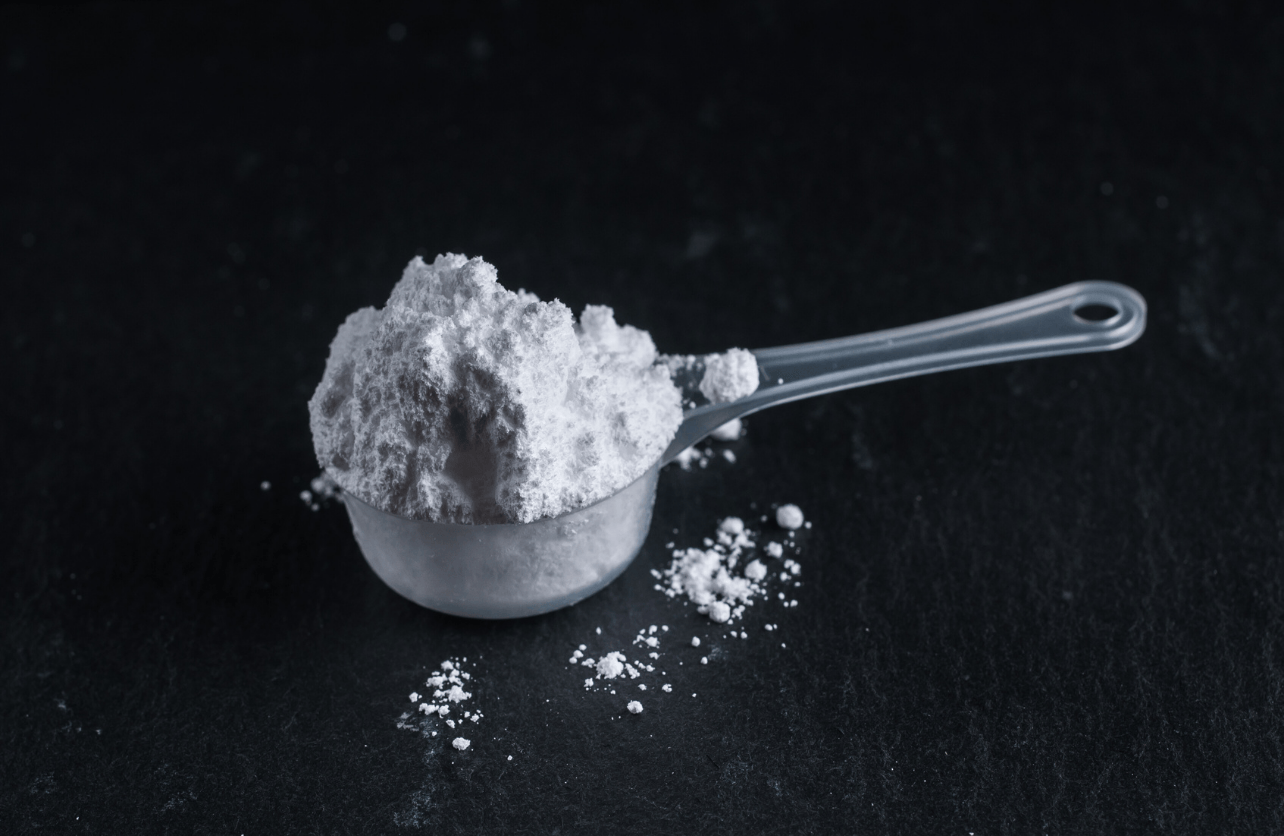Creatine has earned a solid reputation as one of the most effective and well-studied supplements for building muscle, boosting performance, and improving recovery. But if you’ve heard rumors that it can lead to kidney stones, you’re not alone. This concern tends to resurface every few years, especially as creatine becomes more popular among everyday fitness enthusiasts—not just bodybuilders or elite athletes.
So, is there any truth to the claim? Can creatine cause kidney stones?
The short answer: probably not, if you’re healthy and using it correctly. But let’s dig into the full picture, because like many health questions, the answer isn’t entirely black and white.
Creatine and Kidney Function: The Basics
When you take creatine, your body converts some of it into creatinine—a waste product that’s filtered by your kidneys and excreted in your urine. This is completely normal and part of the body’s natural metabolic process. However, because creatinine levels are often used as a marker of kidney function in blood tests, some people mistakenly interpret a slight rise in creatinine from supplementation as a sign of kidney stress. It’s not necessarily cause for concern.
In healthy individuals, research shows that creatine doesn’t impair kidney function when taken at recommended doses. But confusion arises because of its link to creatinine—and in the case of kidney stones, things get even more tangled.
What the Research Actually Says About Kidney Stones
Several studies have looked into whether creatine increases the risk of kidney stones, and the results don’t support a strong connection.
One notable case study examined an athlete with a history of kidney stones who took creatine for two months. Despite concerns, no recurrence of kidney stones was reported during that time. While a single case doesn’t prove much, it does suggest that creatine didn’t directly trigger new stones in someone already predisposed.
Another study using data from the National Health and Nutrition Examination Survey (NHANES) found a weak association between higher urine creatinine levels and the presence of kidney stones. But this doesn’t mean creatine causes stones. Elevated urine creatinine can result from many things—muscle mass, hydration habits, and overall diet. The link was correlation, not causation, and doesn’t hold up as evidence of direct harm from creatine use.
The most comprehensive reviews of creatine’s safety—particularly in healthy people—consistently find no significant negative effects on kidney health. It remains one of the few supplements with a strong track record of both efficacy and safety.
What About People With Kidney Problems?
This is where things shift. If you already have compromised kidney function or a history of chronic kidney disease, using creatine without medical supervision isn’t advised. While there’s no definitive proof that creatine will make an existing condition worse, the data is limited for this group.
Organizations like the Mayo Clinic caution against creatine use in individuals with known kidney disease—not because it’s been proven harmful, but because the risks aren’t fully understood. If your kidneys are already under stress, even small additional burdens should be taken seriously.
How to Minimize Any Potential Risk
If you’re healthy and planning to use creatine, there are a few smart practices that can help minimize any potential strain on your kidneys—just in case.
Stay hydrated. Dehydration is one of the most common causes of kidney stone formation, regardless of whether you use supplements. Creatine can slightly shift your fluid balance, so drinking enough water is key.
Skip megadoses. Stick to the recommended dose: about 3–5 grams per day after an optional one-week loading phase. Taking more doesn’t mean better results—and could put unnecessary strain on your system.
Use reputable products. Choose creatine monohydrate from a trusted brand that’s been third-party tested for purity. Contaminants—not creatine itself—are more likely to pose a threat to your health.
Monitor your health. If you’re concerned, talk to your doctor and ask for periodic kidney function tests. Many athletes do this routinely, especially when using multiple supplements.
Summing Up
For the vast majority of healthy individuals, creatine does not increase the risk of kidney stones. The fear likely stems from misunderstandings about creatinine levels and the role of the kidneys in metabolizing supplements. In reality, when used responsibly and paired with good hydration, creatine is both safe and effective.
If you have existing kidney issues or a strong personal or family history of kidney stones, you should talk to your doctor before starting any supplement—including creatine. But for everyone else? The science says it’s not something you need to fear. Just respect the dose, drink your water, and train smart.
